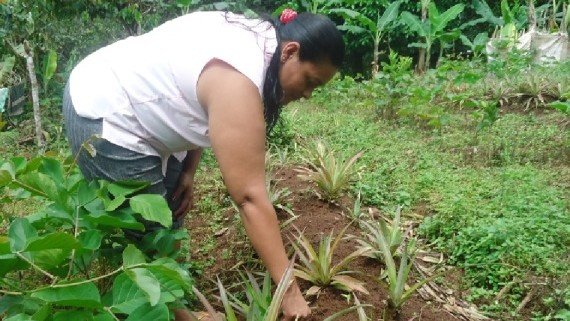Support For Refugees Helps At Risk Families Start Anew
CEPAD became the U.N.’s Nicaraguan partner to assist with refugee placement in 1979. We work with the U.N. and the Nicaraguan government to provide refugees, typically families, with orientation to the country, basic material supplies like clothes and rent money, spiritual and psychological support, and help with the asylum process.
“At the moment of arrival there was confusion, fear and uncertainty to know we would start our new life here in Nicaragua without knowing anyone and with few economic resources,” said the father of one of the families CEPAD helped in 2013. “But we stayed strong as a family because we had one another, and this helped us search for a way to lift up our circumstances.”
Now, that man and his wife and four children live safely in Nicaragua and run a business in a small city. He said they are grateful to CEPAD for making their transition smooth.The U.N.’s Refugee Agency predicts the number of refugees fleeing certain Latin American countries will increase this year because of rising levels of criminal activity. CEPAD is proud to help provide resources and support to refugees who come here seeking hope after years of living under constant threat of violence.





